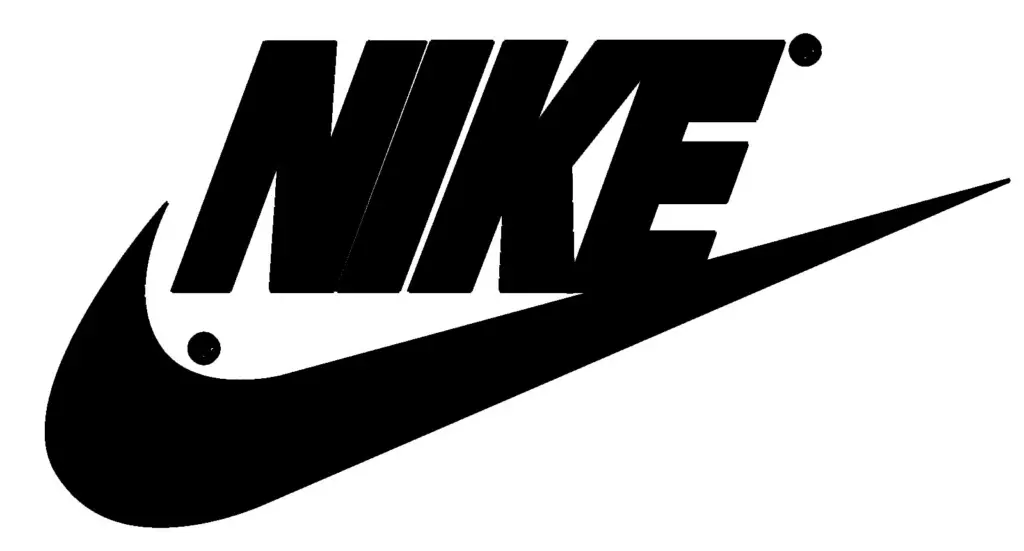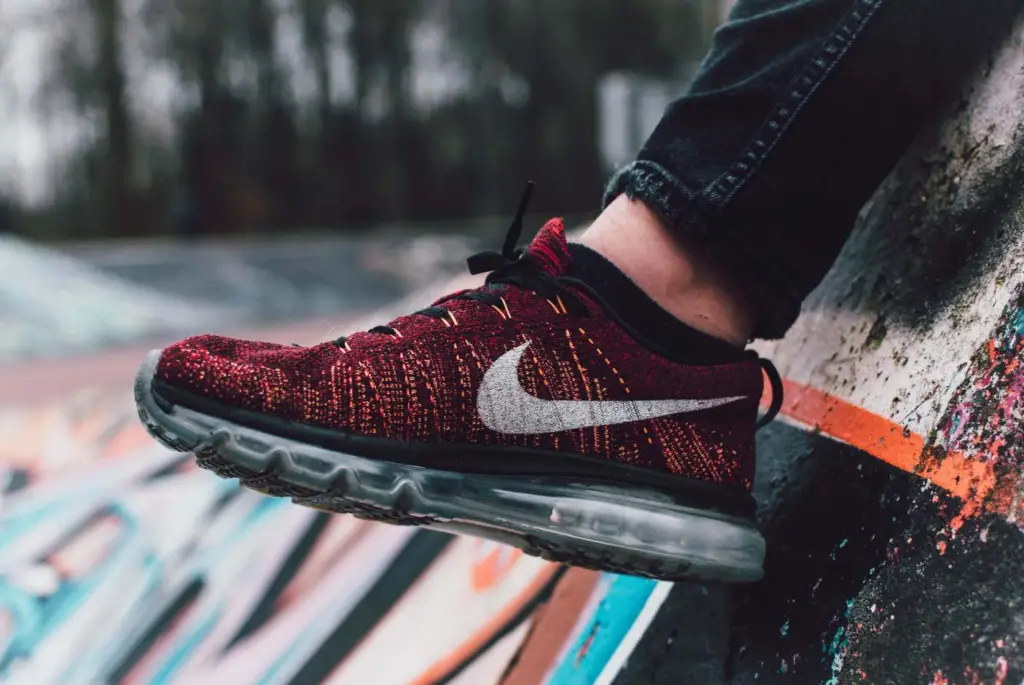
Nike is the biggest company in the world that sells sports shoes, clothes, and equipment. About $40 billion in sales are made each year by the company. The company says that it’s committed to ensuring people and the environment are safe, healthy, and happy. But words alone sometimes do not mean action.
Many people assume that global brands like Nike are always ethical, but that is not always the case. Even big multinationals, from time to time, engage in unhealthy practices.
If you are wondering if Nike is an ethical company, you are in the right place. Let’s find out.
Disclaimer: This article is a collection of information that is already on the internet. It is not a personal opinion. The information on this page should be with a pinch of salt.
What Is An Ethical Company?
A company is considered ethical if it doesn’t take advantage of its workers by paying them low wages, causing harm to the environment, engaging in child labor, or manufacturing products that can harm humans or the environment.
Is Nike Ethical?

No, Nike is not an ethical company for a lot of reasons. Behind the glamorous advertising of its premium sporting wears around the world. It has sweatshops that violate the rights and interests of its employees through practices including excessively low wages and overtime work.
They have faced many ethical issues, such as human rights, worker’s rights, supply chain management, pollution and toxins, habitats and resources, environment, political activities, anti-social finance, and animal rights.
Below are some of the issues about Nike that make it unethical.
Low wages
Nike has come under fire for sourcing its workforce from Asian sweatshops. These sweatshops are places where workers are compensated with extremely low wages for long shifts in appalling working conditions.
Nike has these workshops located all over the world, like in Vietnam, Indonesia, Korea, etc.; in most places, their employees earn less than 25 cents per hour. Workers were forced to put in more than sixty hours a week, and if they refused, their salaries would be cut. And their supervisors verbally abuse and physically assault these workers.
It was also discovered that up to 50% of the factories had restrictions on how much water and how often their employees may use the restroom.
Also, their production plants are all located in developing or underdeveloped countries. And they fail to hire workers at a rate that can enable them to support their basic needs. This is despite the fact that these countries wages are far lower than those in developed nations.
They take advantage of these individuals by hiring them at a cheap rate to be able to support their basic needs.
Forced Labor
In February 2020, the Washington Post published that Uighurs from the Xinjiang region of China were working at Qingdao Taekwang Shoes Co. This large factory makes shoes for Nike under conditions that suggest forced labor.
The Clean Clothes Campaign’s 2019 Tailored Wages UK report also gave Nike the lowest rating. According to the report, the brand has no proof that its workers are paid a living wage.
Nike also got in trouble when Olympic champion runner Alysia Montano, sponsored by the company, said that Nike would stop paying her if she had a baby and end her contract. This led to outrage from the public and an investigation by Congress. Later, Nike announced a new policy for all sponsored athletes during pregnancy that guaranteed pay and bonuses for 18 months around the time of pregnancy.
Also read: 30 Most Ethical Companies In The World
Environment
Ethical Consumer gave Nike the lowest rating for its cotton sourcing policy because it doesn’t have a clear plan for how pesticides and herbicides are used. Even though cotton only covers 2.78% of the world’s arable land, it accounts for 12.34% of all insecticide sales and 3.94% of all herbicide sales.
Indeed, Nike used some cotton certified by Better Cotton Initiative (BCI) but not 100%. Companies that care about the environment should clearly state that they will only use cotton that doesn’t harm the environment.
Also, Nike uses a lot of leather for business. And to preserve this leather, they use dangerous chemicals. As a result, tannery wastewater has many pollutants that can pollute the land, air, and water. This makes tanning a highly polluting industry.
In its 2019 Impact Report, Nike said it used Leather Working Group (LWG) certified leather, but it didn’t say how much of that leather was 100% LWG gold standard certified. The only standard that Ethical Consumer thinks is good is LWG Gold.
Animals
Nike got a low score in Ethical Consumer’s animal rights category because it sold products made from leather, wool, and feathers, all made from animals.
This is because their policy against mulesing wasn’t clear. Merino sheep are bred to have wrinkled skin to produce more wool. Flies lay their eggs in the skin folds, and maggots can eat the sheep alive.
To keep this from happening, Australian ranchers do a process called “mulesing,” which involves cutting large strips of skin and meat from the backs of the legs and around the tails of lambs without being unanesthetized.
It was equally discovered that Nike supports the use of wool fiber that is gotten and certified from sheep that haven’t been mulesed, and it will consolidate where it gets its wool as soon as supplies and prices allow.
Politics
In 2019, Nike’s highest-paid Executive Officer made a whopping $13,968,022, which is about £11 million. In the same year, five named Executive Officers got more than £1 million in total pay, which Ethical Consumer thinks is too much.
Equally, Bermuda, Delaware, the Netherlands, Taiwan, Hong Kong, and Singapore are tax havens.
Opensecrets stated that the company spent $1,210,000 on lobbying in 2019. Also, 32 of the 37 lobbyists for Nike Inc. in 2019 were said to have worked for the government before.
In February 2020, the US Council for International Business (USCIB) listed Nike as a member. Ethical Consumer saw USCIB as a corporate lobby group that pushed for free trade at the expense of the environment, animal welfare, human rights, and health protection.
Gender Discrimination
Nike has been sued for its gender discrimination policy. For example, in 2004, the Human Rights Campaign sued Nike for having a policy that was unfair to women. The complaint said it was unfair for the company to make female employees heads while promoting male employees.
Child Labor
Even though some countries have regulations against child labor, Nike nevertheless chooses to ignore them, forcing kids as young as 12 to work long shifts in the factories. Nike has taken the necessary action to comply with the law’s established starting age limit. Even though some countries’ minimum ages are lower than 16, Nike has gone a step further and decided not to hire anyone who is younger than 16 years old.
Expensive Endorsements
NIKE is frequently singled out by human rights organizations, yet despite this, they can keep up their high-profile endorsements of famous people like Tiger Woods and Michael Jordan. When Air Jordans were first introduced in 1984, Michael Jordan was one of their major endorsers. He reportedly makes almost $60 million a year. A high enough pay to allow workers to maintain a high standard of life would be more ethically beneficial to the individuals who produce the shoes by increasing their salaries.
Expensive products
Despite being well known that its products are made in factories in other countries where labor costs are low, Nike is known for charging very high prices for the goods and their products. The average retail cost of a NIKE shoe is $66.85, while factory workers receive $7 for each shoe produced.
And because the cost of manufacture is much less than the retail price, NIKE realizes enormous sales revenue profits.
Fainting in Cambodia
In 2017 there were instances of mass fainting among women working in Nike factories in Cambodia. It was attributed to the unfavorable working conditions they endured. Women who worked 10 hours six days a week were the ones who passed out. The long working hours made the women feel drained and hungry. And they worked in hot factories with temperatures above 37C.
Conclusion
If you have read to this point, we hope you have seen why Nike is considered unethical. They have benefitted financially from using child labor, paying low wages, or engaging in gender discrimination.
Related posts:
- Harnessing the Power of the Sun: A Guide to Solar Installation - February 12, 2024
- Vacuum Trucks: The Unseen Heroes of Waste Management and Their Environmental Benefits, Featuring McDonald Farms - December 11, 2023
- Satellites And Climate Adaptation: Solutions From Space - December 1, 2023







2 thoughts on “Is Nike An Ethical Company? Why?”